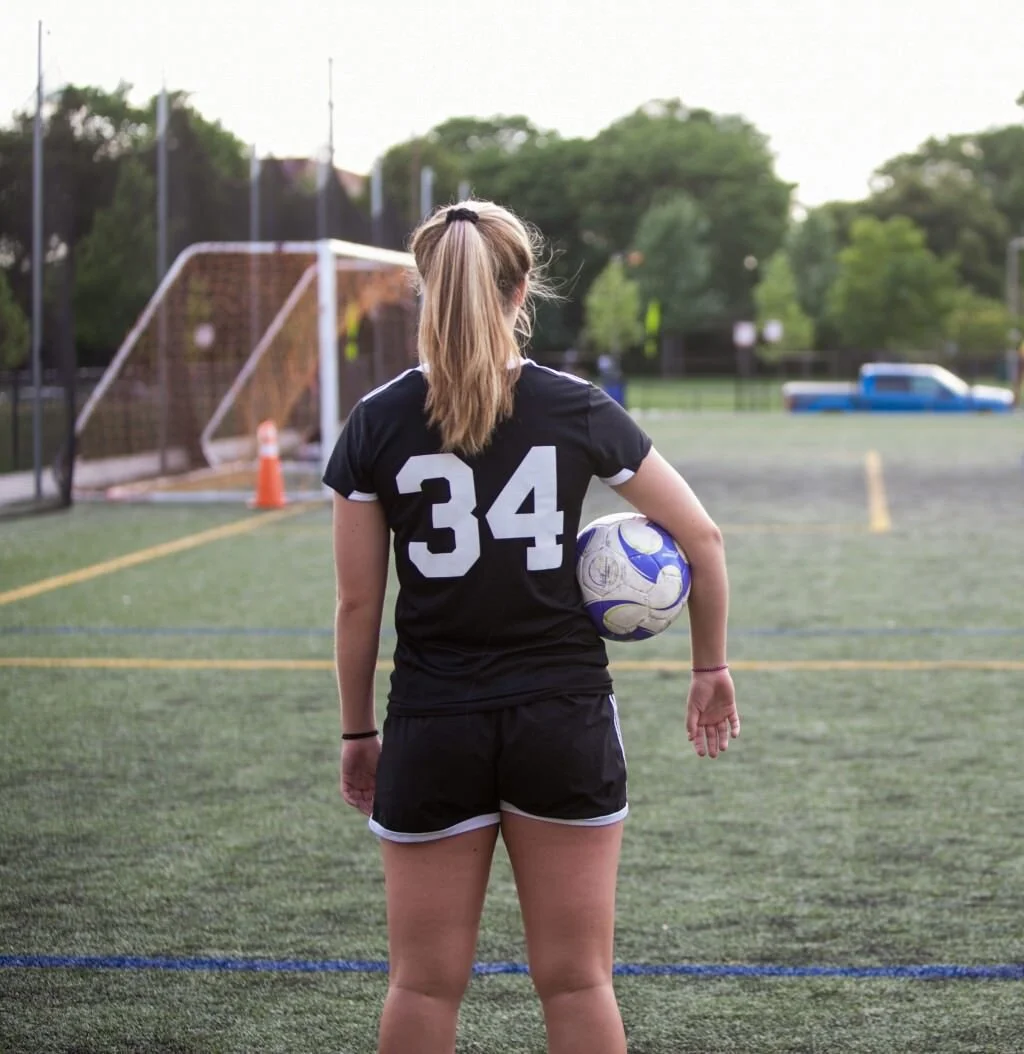Whether you are a friend, family member, teammate, athletic trainer, or coach of an athlete who has recently been permanently sidelined, the grief of the sidelined athlete can weigh heavy on you as well. You want to help but it can be tough to know what to say or how to ease the pain of the athlete who has experienced such a devastating loss. Following these research-based guidelines, you can support the permanently sidelined athlete in navigating a healthy adjustment to his or her new reality and have a positive impact in the athlete’s emotional recovery.
Read MoreInsightful articles for helping permanently-sidelined athletes find a meaningful way forward.
Following their injuries, sidelined athletes go through a period of sadness, characterized by low energy, lack of motivation, inactivity, and withdrawal. This is a natural and necessary phase which sidelined athletes must go through in order to come to terms with the significance of their loss. The question then begs, what can one expect in this period? How long does this period last? Going through the Down Period blind and alone can further the athlete's depression.
Read MoreBeing an athlete is not an easy thing to do. It takes grit, discipline, and the resounding capacity to get back up after being knocked down. These are qualities you can continue to nurture in yourself throughout the healing process. Essentially, the same mindset which made you a great athlete has the power to help you overcome the loss you are experiencing.
Read MoreThe World Health Organization estimates that over 300 million in the world suffer from depression. According to studies of depression in student-athletes, as many as one in five athletes may be depressed. Clearly depression represents an emergent health crisis with a massive scope of impact. Not surprisingly, research has identified depression as a potential outcome of the athlete’s emotional response to becoming permanently-sidelined.
Read MoreWhat can you do as a supporter if you know a sidelined athlete in your life is dealing with depression and needs continued support? Sidelined USA has compiled this list of seven essential considerations to help get you started.
KEY 1: FIGHT THE STIGMA. Mental health is just like physical health. If someone has an injury, they get treatment; the same applies to mental health concerns and
Read MoreThe decision to recommend athlete retirement due to concerns for brain health is not one to be taken lightly. Several factors must be considered, as the removal from sport itself may lead to its own issues down the line, especially if the decision is made for the athlete instead of by or with the athlete. Most athletes, especially one-sport athletes or those playing at an elite level, identify themselves heavily with their sport. For this reason, forced retirement can have a significant impact on their overall wellbeing.
As outlined below, there are several factors to consider when discussing possible retirement from sport due to brain health concerns.
Read More





